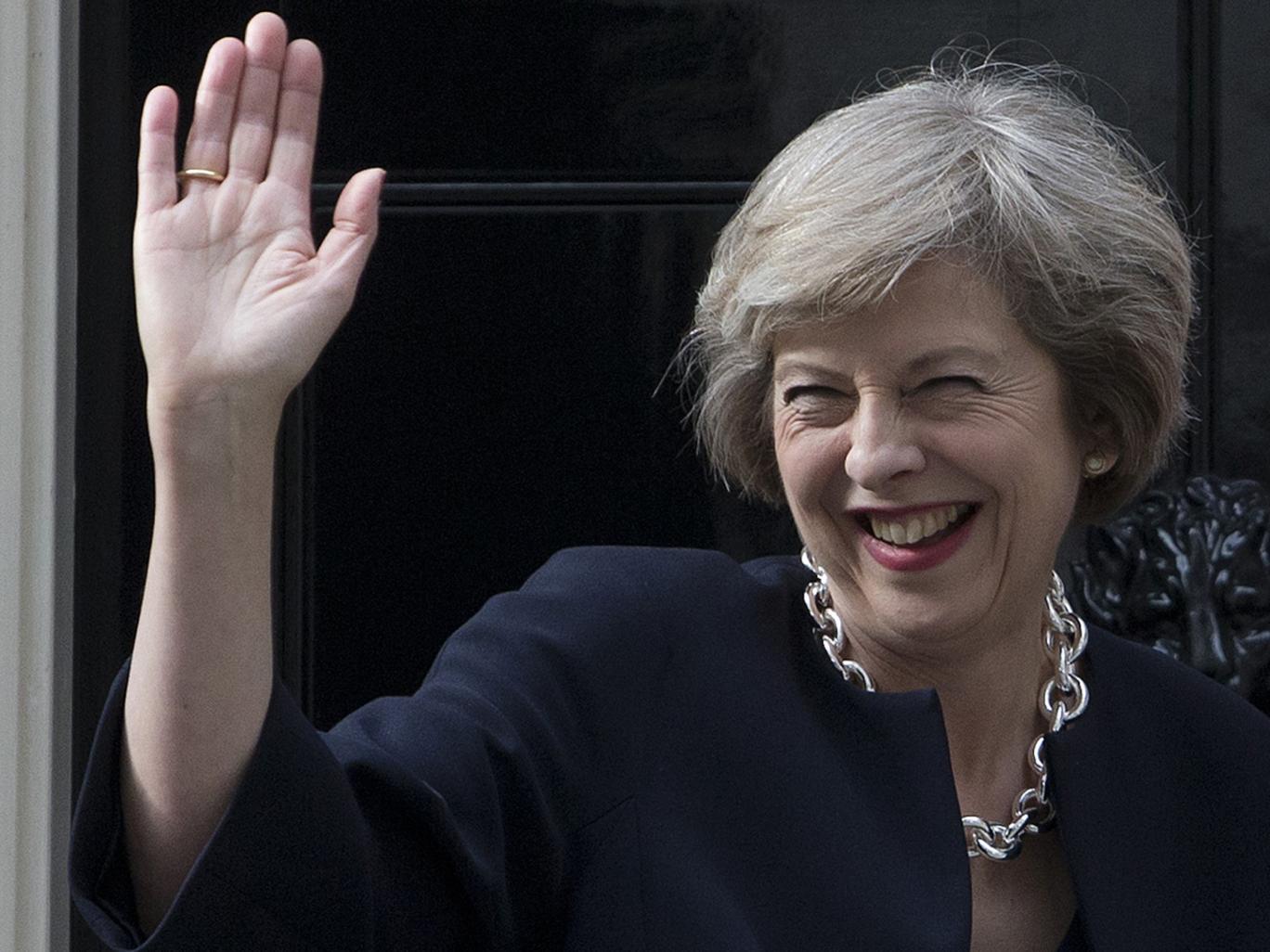Theresa May: White van man will be delighted
written for The Guardian, 12th July 2016
part of a panel of responses published together on Theresa May’s leadership victory

Image credit: AFP
Civil libertarians have long been wary of Theresa May. As Gaby Hinsliff writes, a decade carefully cultivating the Tory right sits uncomfortably with May’s early promise as a radical moderniser. Back in 2002, she was the chairwoman who highlighted the Tory party’s image as the nasty party. Her popularity with Tory members plummeted, and so came years of repositioning herself as a tough traditionalist: fights with the European court of human rights, the cap on non EU-migration, those notorious “Go home” vans.
With her power in the party renewed, May eventually dropped hints of evergreen liberalism. Two party conference speeches in succession denounced racial profiling in police “stop and search”, and police forces are now required to justify each time they search a young black man. The modern slavery bill against human trafficking became a personal crusade; years after voting for section 28, she even embraced gay marriage. So which Theresa May will govern Britain?
One major test will be the government’s upcoming extremism bill. A draft has not yet emerged, but cabinet briefing papers following this year’s Queen’s speech have alarmed campaigners. Alongside the predictable – banning orders; increased power to monitor individuals’ interactions; shortcuts to shut public premises suspected of being terrorist meeting places – the bill “would also provide Ofcom with powers to censor extremist content”. Less surprisingly, it also suggests increased powers for government to ban speakers from universities. At a time when the right is particularly agitated about no-platforming on campus, May’s government will have to show fleet footwork to avoid accusations of hypocrisy. Even the Quilliam foundation disapproves.
Elsewhere, policy hangs on the extent to which May needs to tolerate old rivals in powerful cabinet positions. Her bad blood with Michael Gove long predates this week’s ballot, but a peace offering might see him remain at justice to continue his evangelical prison reform.
Allies also expect her to continue Iain Duncan Smith’s work on welfare reform, though the former leader’s bitter backing for Andrea Leadsom probably rules him out of a cabinet return. Cutting benefits might jar with the new Miliband-lite economics May unveiled on Monday, cutting corporate pay and placing employees on boards, but there’s a streak of blue-collar populism that runs through both. White van man will be delighted.




